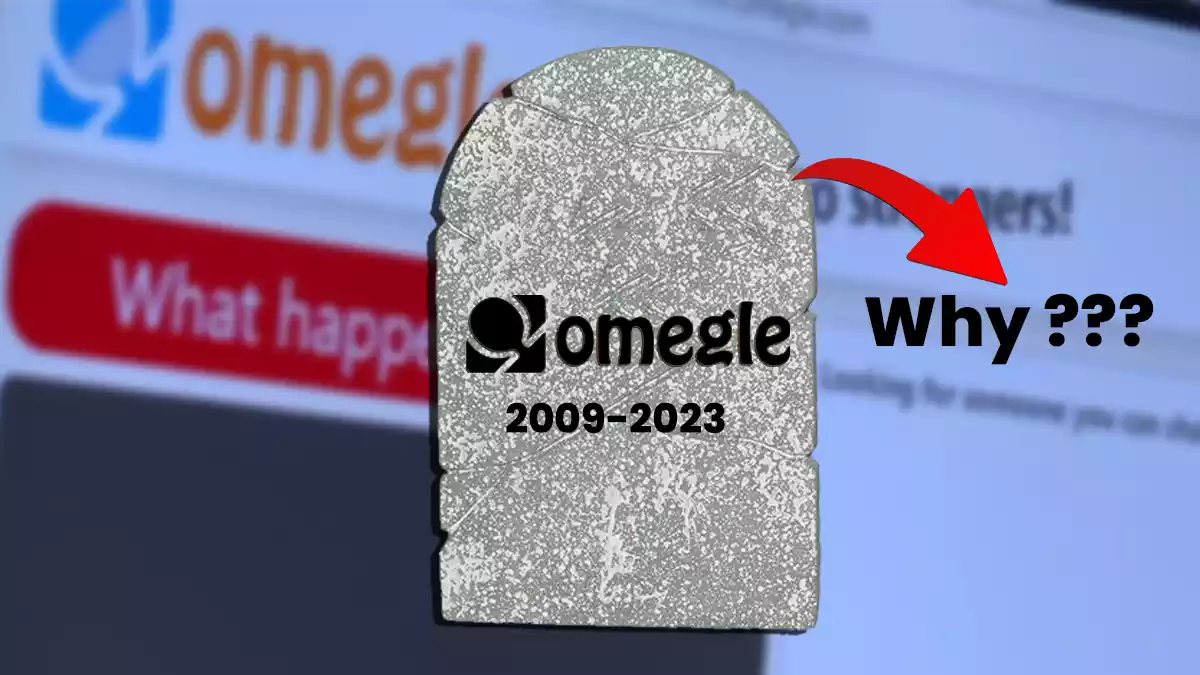Omegle, a live video chat company that links strangers for online talks, has formally stopped operating after 15 years of operation. The platform gained a great deal of popularity, particularly during the pandemic, and was widely utilised in Mexico, the US, India, and the UK.
CEO Leif K-Brooks recognised the function of Omegle as a platform for advice-seeking, interacting with people from different cultural backgrounds, and overcoming loneliness in a recent blog post. But he regrettably revealed that the platform was closing, citing unachievable psychological and financial obstacles.
“To be honest, I don’t want to have a heart attack in my 30s,” K-Brooks said, expressing fear for his health.
Leif K. Brooks, a high school student and programmer, founded Omegle in 2009. After a BBC investigation in 2021, the company generated controversy. The study uncovered improper interactions—especially those involving minors—on the network. The platform’s ability to introduce users to adult content was again emphasised.

Numerous nations released warnings against Omegle in response to concerns expressed by educational institutions and law enforcement. The lack of an age verification service generated significant concerns, even while the platform’s disclaimer encouraged users to be above 18 and suggested parental consent for users between 13 and 18.






